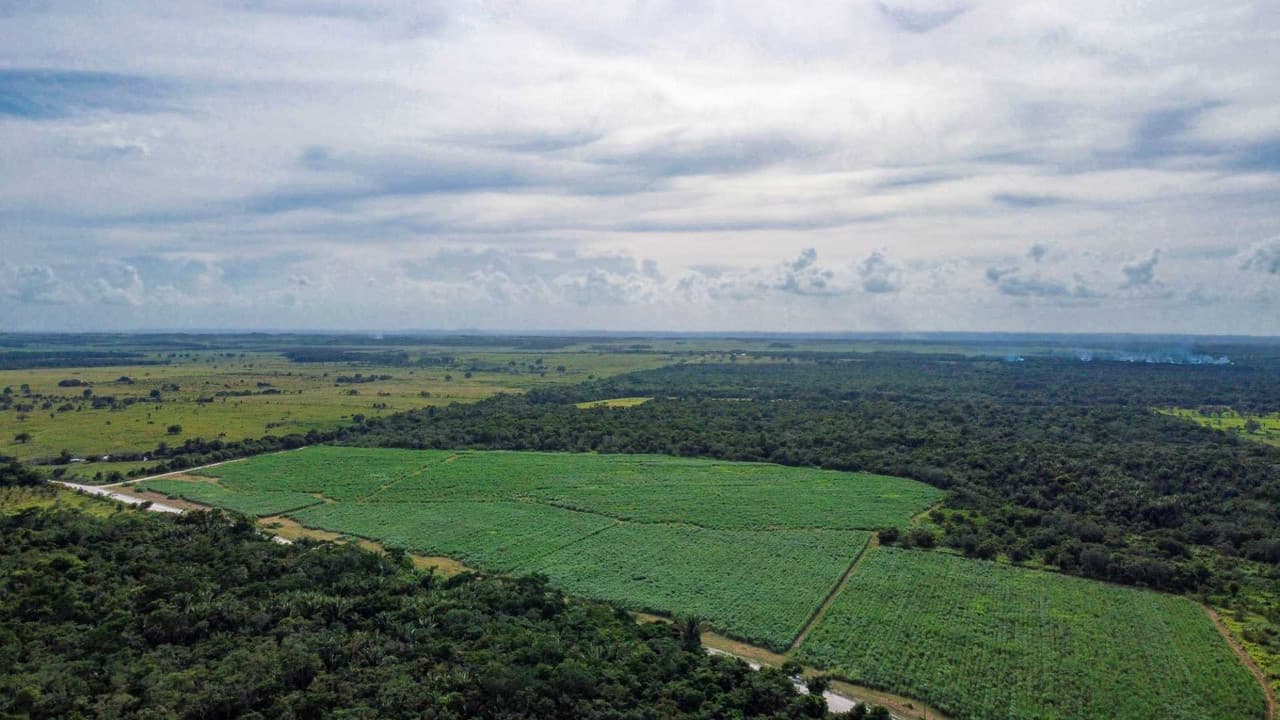Establishing a presence and employing staff in Guinea-Bissau requires a clear understanding of the local compensation landscape. Salaries and benefits are influenced by various factors, including industry sector, employee experience, company size, and the specific economic conditions within the country. Navigating these elements effectively is crucial for attracting and retaining skilled talent while ensuring compliance with national labor regulations.
Understanding the typical salary structures, mandatory minimums, and common compensation practices provides a solid foundation for companies looking to build a successful team in Guinea-Bissau. This knowledge helps in setting competitive pay scales that align with market expectations and legal requirements, facilitating smooth and compliant operations.
Market Competitive Salaries by Industry and Role
Salaries in Guinea-Bissau vary significantly depending on the sector and the specific role's complexity and required expertise. Key industries influencing the job market include agriculture, fishing, trade, and increasingly, services and telecommunications. While precise, universally published salary benchmarks can be challenging to obtain, general trends indicate higher compensation in sectors requiring specialized skills or those with international ties.
Entry-level positions typically command salaries closer to the minimum wage, while roles requiring significant experience, technical skills, or management responsibilities naturally attract higher pay. Factors such as the company's size and whether it is locally owned or part of a multinational corporation also play a significant role in determining salary levels.
Illustrative Salary Ranges (Estimated):
| Role Category | Typical Monthly Range (XOF) |
|---|---|
| Entry-Level Admin | 60,000 - 100,000 |
| Skilled Technician | 100,000 - 250,000 |
| Mid-Level Manager | 250,000 - 500,000 |
| Senior Professional | 500,000+ |
Note: These ranges are estimates and can vary widely based on specific industry, company, location, and individual qualifications.
Minimum Wage Requirements and Regulations
Guinea-Bissau has a statutory national minimum wage that employers must adhere to. This minimum wage is set by the government and is subject to periodic review and adjustment based on economic conditions, inflation, and social considerations. Compliance with the minimum wage is mandatory for all employers, regardless of the sector or size of the business.
As of the most recent official announcements, the national minimum wage is set at a specific amount per month. Employers must ensure that no full-time employee is paid below this threshold for a standard work month.
Current National Minimum Wage:
| Category | Monthly Minimum Wage (XOF) |
|---|---|
| All Employees | [Insert Current Official Minimum Wage Here] |
Note: The official minimum wage figure should be verified with the latest government decrees as it is subject to change.
Common Bonuses and Allowances
Beyond the basic salary, employees in Guinea-Bissau may receive various bonuses and allowances as part of their total compensation package. These can be mandated by law, stipulated in collective bargaining agreements, or offered voluntarily by employers to attract and retain talent.
Common types of additional compensation include:
- Transport Allowance: Often provided to help cover the cost of commuting to and from work.
- Housing Allowance: May be offered, particularly for expatriate employees or those relocating for a role.
- Meal Allowance: Sometimes provided to cover daily meal expenses.
- Performance Bonuses: Discretionary bonuses tied to individual or company performance.
- End-of-Year Bonus (13th Month): While not universally mandated for all sectors, some companies and collective agreements include a 13th-month salary payment, typically paid in December.
- Overtime Pay: Compensation for hours worked beyond the standard legal or contractual work week, paid at a premium rate.
The specific allowances and bonuses offered can vary significantly between companies and industries.
Payroll Cycle and Payment Methods
The most common payroll cycle in Guinea-Bissau is monthly. Employees are typically paid once a month, usually towards the end of the month or the beginning of the following month.
Payment methods have evolved, with bank transfers becoming increasingly prevalent, especially for employees with formal bank accounts. However, cash payments are still used, particularly in smaller businesses or for employees in remote areas. Ensuring timely and accurate payment according to the agreed-upon cycle and method is a key compliance requirement. Employers are responsible for calculating and deducting mandatory contributions (such as social security) before disbursing the net salary to the employee.
Salary Trends and Forecasts
Salary trends in Guinea-Bissau are influenced by the country's overall economic performance, inflation rates, and investment levels. While the economy faces challenges, sectors like telecommunications, finance, and potentially renewable energy may see upward pressure on salaries due to demand for specific skills and foreign investment.
Inflation is a significant factor that can erode purchasing power, leading to pressure for salary adjustments. Employers often consider the cost of living and inflation when reviewing salary scales, although formal, widespread cost-of-living adjustments are not always standard practice across all sectors.
Forecasts for 2025 suggest a continued focus on developing key infrastructure and attracting foreign direct investment, which could positively impact job creation and potentially lead to moderate salary growth in certain areas. However, global economic conditions and local stability will remain critical determinants of the salary landscape. Companies should monitor economic indicators and labor market dynamics to ensure their compensation strategies remain competitive and compliant.
Employ top talent in Guinea-Bissau through our Employer of Record service
Book a call with our EOR experts to learn more about how we can help you in Guinea-Bissau







Book a call with our EOR experts to learn more about how we can help you in Guinea-Bissau.
Trusted by more than 1000 companies around the globe



